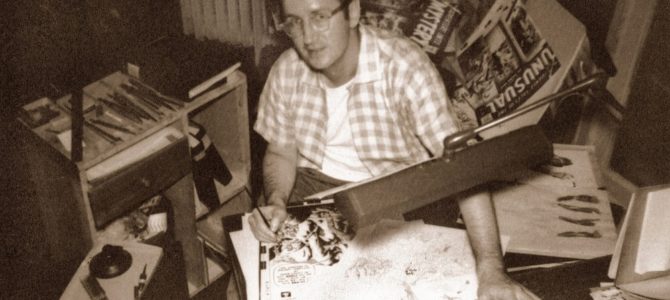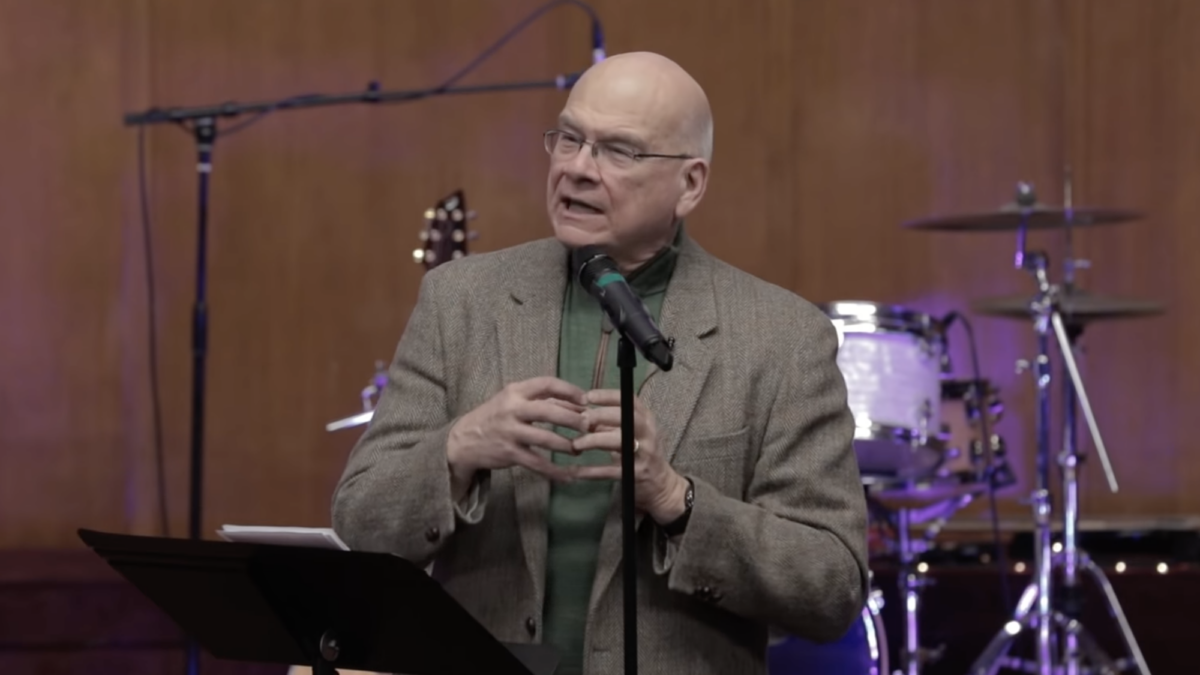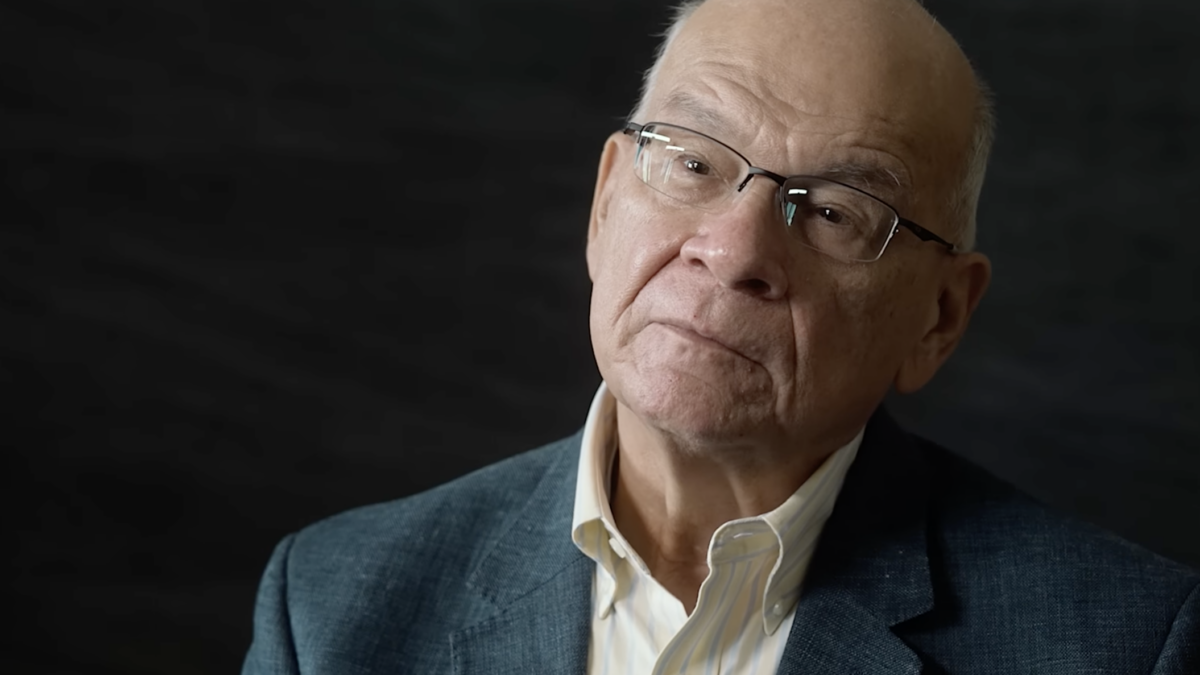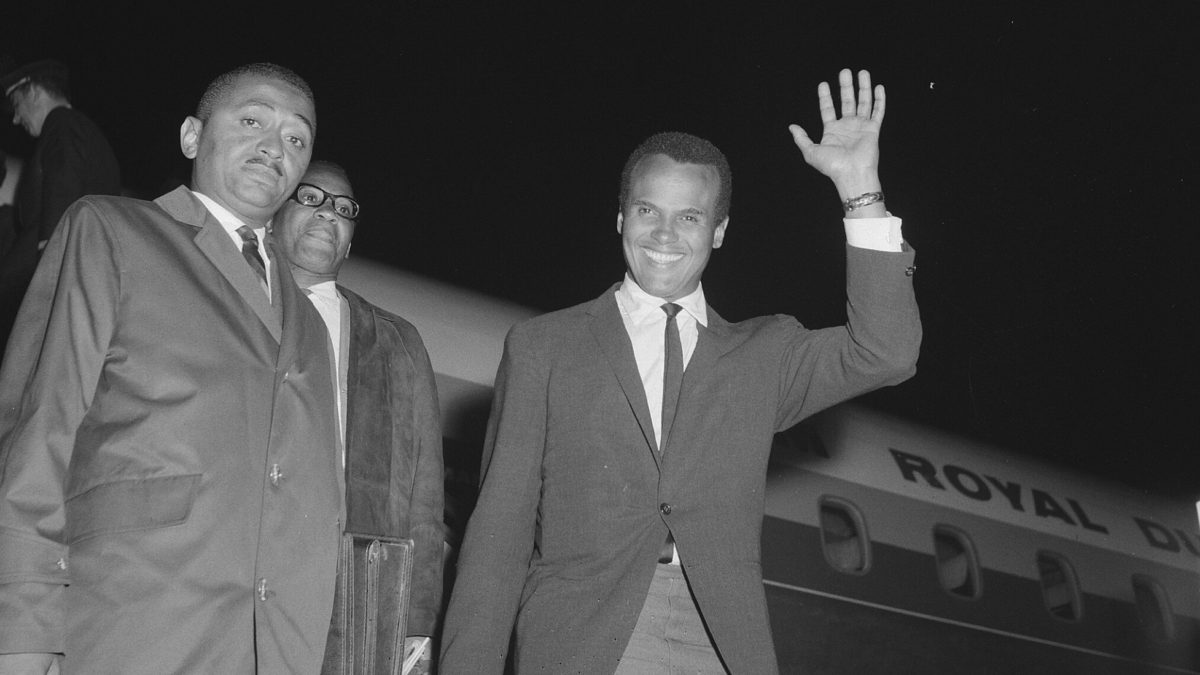
Perhaps the most amazing thing about Spider-Man was the mind and abilities of the man who truly formed him. This was not Stan Lee or the legendary artist Jack Kirby, who co-created so much of the early Marvel universe. It was Steve Ditko who truly turned Spider-Man into what he has become.
Ditko was found dead in his New York apartment on June 29. Estimates place the time of death up to two days earlier. It took another week for the news to break online.
Here I’ll focus on Ditko’s greatest achievement rather than the man himself, because Ditko didn’t want to be known. He was known as the Salinger of comics. He hid himself away from the public but never stopped working on his art, apparently even up to the time he died.
Several years ago, a documentary was made about him, called “In Search of Steve Ditko.” He refused to appear in it. Maybe this is why he designed the Spidey suit with a complete face mask. If Ditko didn’t want us to know much about him, then we should honor that. As the last shot of “Citizen Kane” reads: “No trespassing.” So let’s talk about his work and now legacy.
An Abnormal Superhero in a World of Freaks
The superheroes the world now regularly sees come to vivid life on the silver screen all had inauspicious beginnings. Intellectual property that today are worth multibillions of dollars started out in oft-maligned funny books. Most of the time these beginnings were designed to transcend the tiny medium they occupied. They were stories about gods and monsters, about tragedies and the nature of power.
Spider-Man was different. Spider-Man was just a kid. He didn’t come from another planet. He didn’t really have a special or tragic origin. He gained his powers by accident, not an act of providence or will. While he was technically an orphan, it’s hard to feel too bad for him given that his wonderful aunt and uncle raised him. He was a comics-sized hero in a fictional marketplace of gods and monsters.
He’s also essentially a street-level hero. Many of these tropes would become established parts of especially Marvel’s unique vision of the superhero, but for the most part they started with Spidey.
Spider-Man has become such a massive touchstone of pop culture that he just feels normal to us now. The tropes he popularized feel like clichés today, but they were not in 1962. If you stand him up right next to Superman and Batman, everything about Spider-Man becomes shockingly unique.
Lee and Kirby weren’t fond of capes, so his lack of them wasn’t unique to what became the Marvel style. But what was unique at the time was that he was a heroic character who covers his entire face with a mask. He could easily be confused with a villain.
Steve Ditko Was the Force Behind Spider-Man
Lee co-created the Webhead with Ditko, and Kirby contributed some elements. But Ditko was really the one who took the character and ran with it. He is responsible for the actual design of the character, and the one who defined the boundaries of Spider-Man’s world.
The first 39 issues of “The Amazing Spider-Man” are officially collaborations between Lee and Ditko, but Lee is mostly the author of the dialogue. Ditko is the one who actually told the stories by developing the plot and doing all the pencils.
The height of this collaboration seems to be Spider-Man #31-33, the legendary “If this be my destiny…!” story line partially used in “Spider-Man: Homecoming.” The scene where Peter forces himself to push the crumbled building off his back is essentially stolen from “Amazing Spider-Man” #33.
Spider-Man’s Problems Are Human Problems
The foundation laid in Spider-Man’s early years produced a juggernaut of commercial success for Marvel over the following decades. At various points there were up to three monthly titles dedicated to Spider-Man, and sometimes the flagship title was a thrice-monthly publication
Spider-Man’s perfect mix of the normal boy who wants normal things but also happens to have powers generates highly addictive soap opera narratives. A great Batman story line has him go toe to toe with the Joker. But a great Spidey story also has him running late to a job, making Mary Jane mad, forgetting to help Aunt May with the groceries, fighting the Lizard, and having to get all the elements together to make the special chemical substance that makes up his webbing. Peter Parker has a normal life with the superhero part built on top, so his problems are fundamentally human problems with the fantastical built around it.
That is something that has now made Spider-Man last past his author’s lifetime. Because it fits his personality, I think Ditko would be deeply comforted by the fact that his body wasn’t discovered for two days, and his death unreported to the public for almost a week. As in his life, so in his death his legacy will live on for as long as there are funny books and cinemas somewhere in the universe.
The impression Ditko has left behind is huge. He created other characters as well, such as Doctor Strange. But until the end of time young boys will be told to live by Spider-Man’s great, lasting phrase: “With great power comes great responsibility.”









